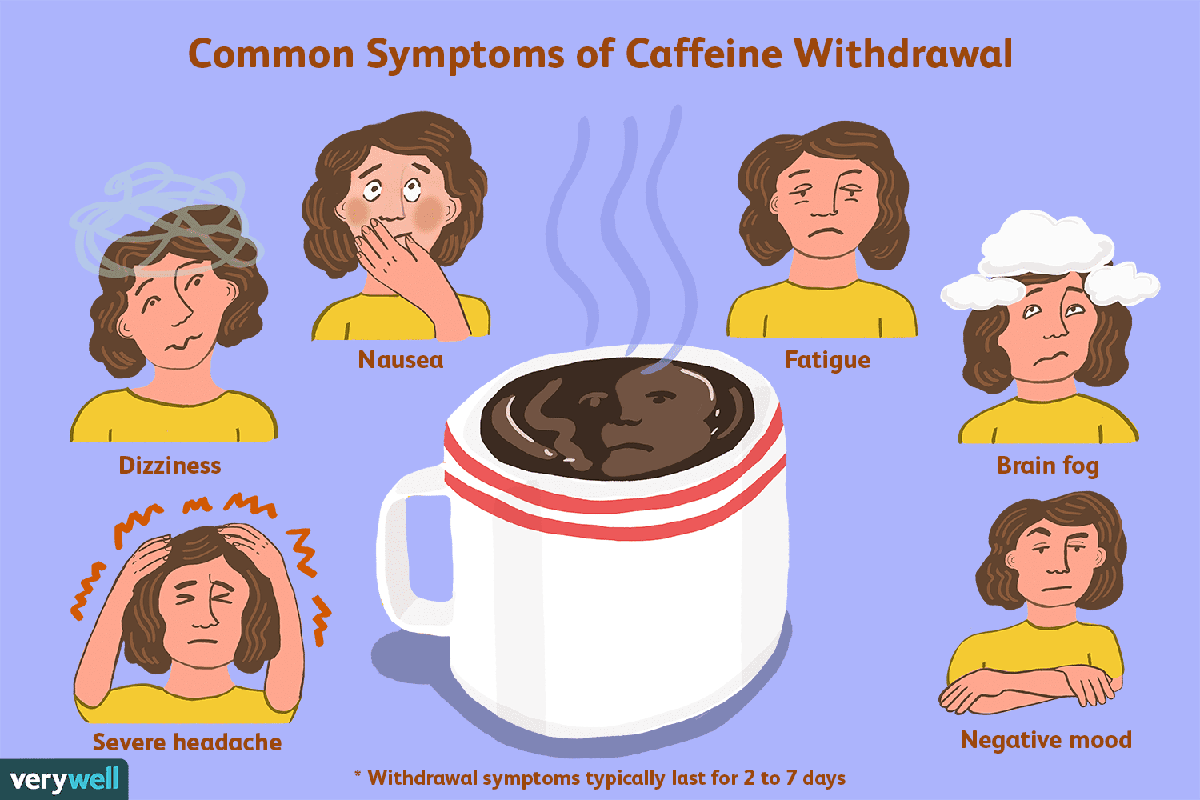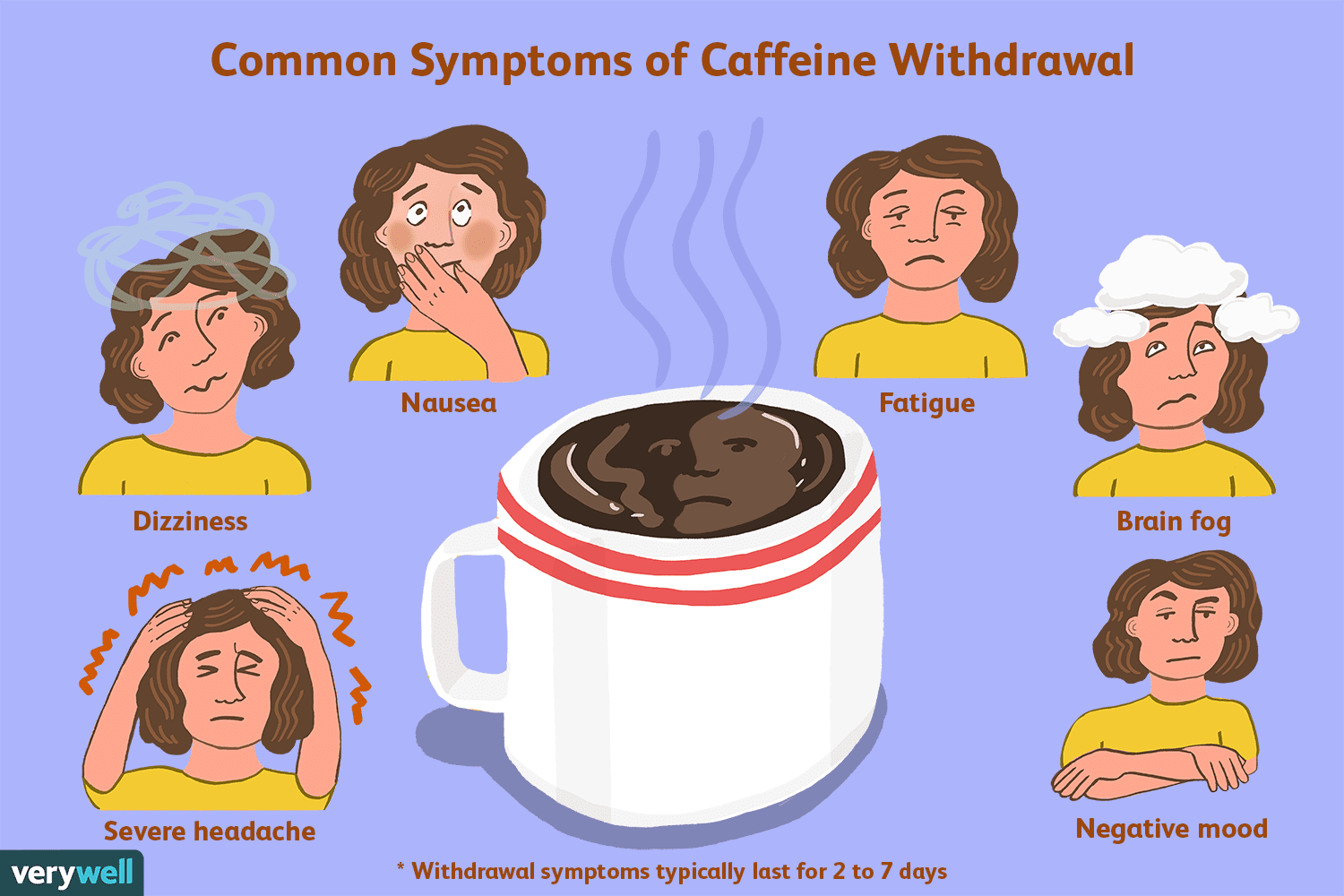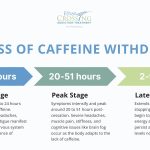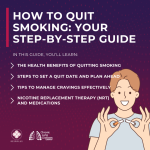The eternal question for coffee lovers: how long do caffeine withdrawal symptoms last? You’ve just survived a sleepless night, and the thought of facing another day without your morning cuppa is daunting. But before you reach for that second (or third, or fourth) cup, it’s essential to understand what happens when you quit or reduce your caffeine intake.
What are Caffeine Withdrawal Symptoms?
Caffeine withdrawal symptoms can be a real challenge, making everyday tasks feel like climbing Mount Everest. The good news is that most people experience relief within a few days to a week after quitting or reducing their caffeine intake. However, the exact duration of these symptoms varies depending on individual factors, such as:
Factors Affecting Caffeine Withdrawal Symptoms
In this blog post, we’ll dive deeper into what you can expect when quitting or reducing your caffeine intake, and how long those pesky withdrawal symptoms might last. We’ll explore the key factors that influence their duration, so you can prepare yourself for a smoother transition.

The eternal question for coffee lovers: how long do caffeine withdrawal symptoms last? You’ve just survived a sleepless night, and the thought of facing another day without your morning cuppa is daunting. But before you reach for that second (or third, or fourth) cup, it’s essential to understand what happens when you quit or reduce your caffeine intake.
What are Caffeine Withdrawal Symptoms?
Caffeine withdrawal symptoms can be a real challenge, making everyday tasks feel like climbing Mount Everest. The good news is that most people experience relief within a few days to a week after quitting or reducing their caffeine intake. However, the exact duration of these symptoms varies depending on individual factors, such as:
Factors Affecting Caffeine Withdrawal Symptoms
The severity and duration of withdrawal symptoms depend on several key factors, including:
- Amount of caffeine consumed: Heavy caffeine users may experience more severe symptoms that last longer.
- Quitting or reducing frequency: Quitting cold turkey can lead to more intense symptoms than gradually reducing intake.
- Individual sensitivity: Some people are naturally more sensitive to the effects of caffeine, leading to a longer withdrawal period.
- Prior exposure: Those who have been consuming high levels of caffeine for an extended period may experience more severe and prolonged withdrawal symptoms.
Understanding these factors can help you better prepare for the challenges ahead. For example, if you’re a heavy coffee drinker, you may want to consider gradually reducing your intake over a few days or weeks to minimize withdrawal symptoms.
The Timeline of Caffeine Withdrawal Symptoms
The timing and duration of caffeine withdrawal symptoms can vary depending on individual factors. However, here’s a general outline of what you might expect:
- Within the first 24 hours: Headaches, fatigue, and irritability are common initial symptoms.
- Days 2-3: Mood swings, anxiety, and depression may set in as your body adjusts to the absence of caffeine.
- Days 4-7: Physical symptoms like insomnia, nausea, and muscle stiffness can continue, but tend to subside as your body adapts.
- A week or more: Most people experience significant relief from withdrawal symptoms by this point. However, some individuals may still experience lingering effects for several weeks.
Remember that everyone’s experience with caffeine withdrawal is unique, and the duration of symptoms can vary significantly. If you’re struggling with severe or prolonged withdrawal symptoms, consider consulting a healthcare professional for guidance and support.
Stay tuned for our next installment, where we’ll explore strategies for managing caffeine withdrawal symptoms and tips for a successful transition to a caffeine-free lifestyle.
Get Expert Guidance on Caffeine Withdrawal Symptoms
Expert consultations available for personalized advice.
Consult with a Medical ExpertIn our previous discussion, we explored the factors that influence the duration of caffeine withdrawal symptoms. To recap, these include:
Recap: Factors Affecting Caffeine Withdrawal Symptoms
- Individual tolerance to caffeine
- Dosage and frequency of consumption
- Age and overall health status
- Mental and physical stress levels
- Previous experience with withdrawal symptoms
The Bottom Line: How Long Do Caffeine Withdrawal Symptoms Last?
While it’s challenging to pinpoint an exact timeline, most people can expect to experience relief within a few days to a week after quitting or reducing their caffeine intake. For some, the symptoms may linger for up to two weeks. However, it’s essential to remember that everyone’s body reacts differently to caffeine withdrawal.
What Can You Do to Manage Caffeine Withdrawal Symptoms?
Before we dive into the conclusion, here are a few tips to help you manage those pesky symptoms:
- Stay hydrated by drinking plenty of water
- Get enough sleep and maintain a consistent sleep schedule
- Engage in physical activity to boost your mood
- Avoid sugary or caffeinated beverages that can exacerbate symptoms
- Consider seeking support from friends, family, or a healthcare professional if you’re struggling
Conclusion: Taking Control of Your Caffeine Journey
Say goodbye to the anxiety and uncertainty surrounding caffeine withdrawal symptoms. By understanding what happens when you quit or reduce your caffeine intake, you can take control of your journey and make a plan that works for you. Whether you’re a coffee aficionado or just a casual sipper, it’s essential to acknowledge the potential drawbacks and prepare yourself for a smoother transition.
Remember, every body is unique, and what works for someone else may not work for you. Be patient, stay committed, and trust that your body will adapt in due time. So, go ahead and take that first step – say goodbye to caffeine withdrawal symptoms, and hello to a brighter, more balanced you!




